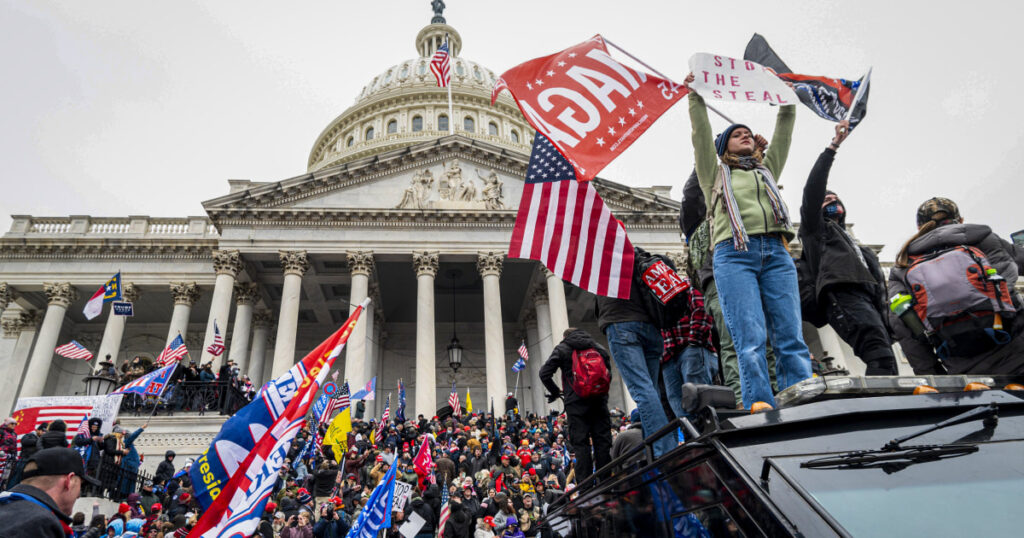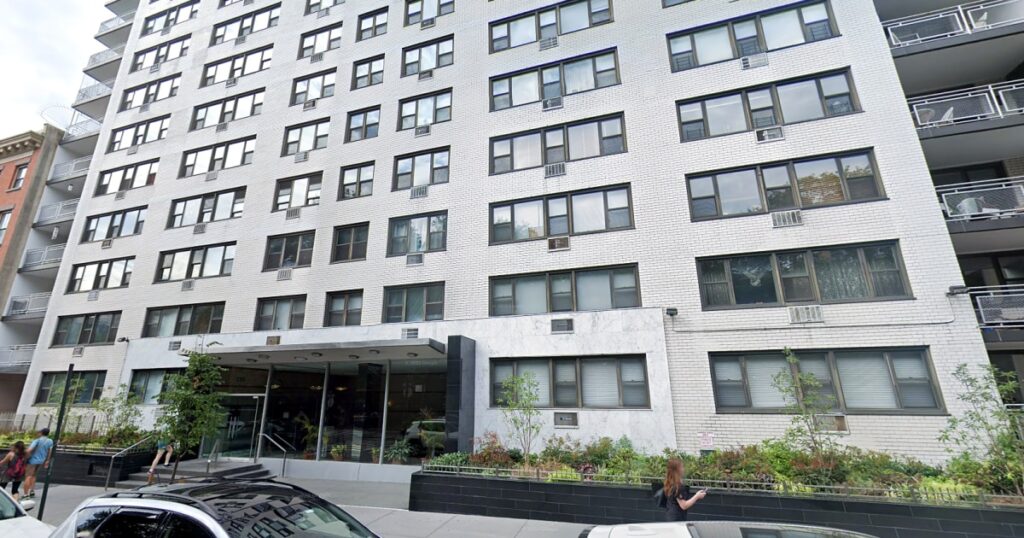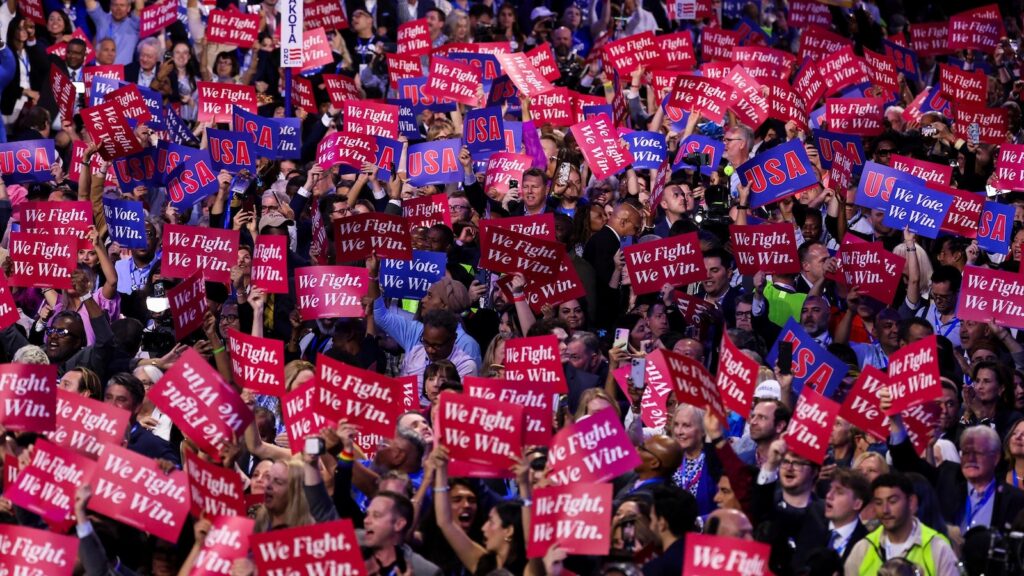Donald Trump’s federal criminal cases have already been curbed ahead of his return to the White House, with special counsel Jack Smith apparently taking steps to wind down his prosecutions of the president-elect and possibly resigning before Trump takes office. Regardless of whether Smith began the process himself or waited to be fired by Trump in January, the demise of the federal election interference and classified documents cases was inevitable as soon as the Republican won the election.
But a new, more speculative benefit from Trump’s political victory has taken hold for defendants who won’t escape prosecution by virtue of becoming president. Two judges presiding over Jan. 6 cases have agreed to postponements due to Trump’s broad campaign promise to grant such defendants clemency when he takes office.
Politico reported on Thursday that two federal judges (appointed by Trump and Obama, respectively) have postponed impending trials over the Justice Department’s objection, marking “the first time federal judges have acquiesced to the demands of Jan. 6 defendants for delays in anticipation of potential pardons from Trump.” Politico reported that the judges said they “wanted to conserve court resources and avoid hauling in dozens of potential jurors for cases that might be called off in a few weeks.”
As a general matter, it’s understandable to want to conserve judicial resources. But one question the postponements raise is how long the judges are willing to wait. To the extent that the pauses are premised on the promise of pardons, there’s no guarantee that they will come as soon as Trump takes office — if they come at all. How long are the courts willing to wait? A year? Four years?
Of course, Trump could make clemency for every Jan. 6 defendant, including himself, his first presidential act. And if his new attorney general instructs the Justice Department to withdraw any pending prosecutions, then that could quickly moot the issue as well.
But there may also be costs to putting off trials for years — say, if necessary witnesses become unavailable or their memories fade — in the event that relief for these defendants never comes. And that’s to say nothing of the speculative nature of that relief and the wisdom of proceeding normally unless and until a new administration imposes its own version of justice.
Subscribe to the Deadline: Legal Newsletter for expert analysis on the top legal stories of the week, including updates from the Supreme Court and developments in Donald Trump’s legal cases.




